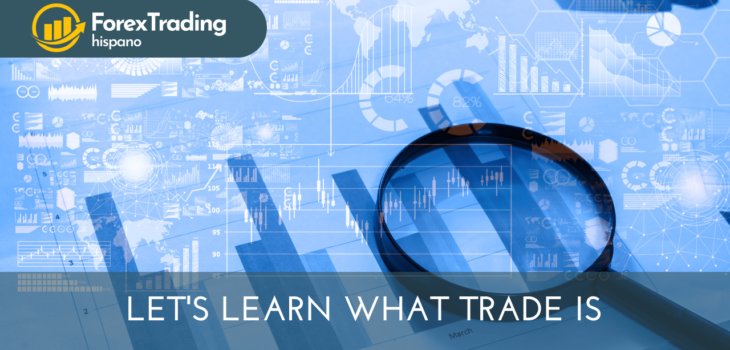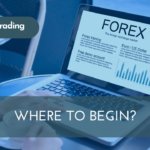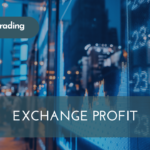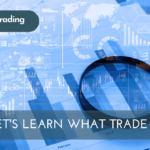Everyone interested in the news has heard such a thing as trading, but not everyone knows what it is. Now everything will change. Below we will consider what trading is, what types it has, and who does it.
Main points:
What is trading?
Activities carried out to make good money. This kind of work is done by people on special exchanges. The participants in these trades are called traders. In most cases, people who have money for investments play on such exchanges.
Who is involved in trading?
For example, a person has a good job or a successful business. He provides enough for his family, while he has savings or free funds that can be invested in some profitable business. Take to the bank at interest? Now is the time that any bank can suddenly go bankrupt, and if not, then inflation will eat small interest, which does not stimulate trusting such financial organizations in a crisis. Store at home in a safe? Start doing your startup? Invest in real estate? This is often a dead-end branch with flaws – it takes a lot of money (buying a property), then a lot of time – your business … And serious risks.
What is trading for?
Earnings. This is an activity, as a result of which you can multiply your financial resources many times over. Of course, one must act skillfully – fools with money cannot survive there.
There are two options:
- trade on your own
- give money to management

Money in management – in fact, the same risks – which specialist will
get it.
After all, a trader, in essence, is an ordinary trader. The one that buys
cheaper and sells more expensive. But since trading is trading on the exchange,
without direct agreement with the client, the task is seriously complicated. The
trader carries out a constant analysis of the value of the goods, which today,
according to forecasts, should sell well, find a way to invest as little money
as possible in this product, and get the maximum amount of profit after the sale
after the sale.
However, for those who are even a little familiar with exchanges, it is no longer
a secret that trading is work that is increasingly penetrating the network and,
like a computer, will soon be in every home. After all, the Internet provides
access to the exchange, which allows any experienced Internet user to try
himself in this area.
Previously, access to a closed trading network could be obtained through
brokers, who, in turn, opened it only upon request and, naturally, for good
money. Of course, financial trading was unattainable for normal people. Brokers
played mostly big or were useless (profitability went negative if the profit
from a long-term deal was less than 15 thousand dollars). So there was a need
for traders. They put their savings in the goods that they consider necessary.
The trader himself determines the period in which he will trade, and he will
take his profit. No mediation except the exchange itself.
The skills that traders need

So what does a trader need? Good theoretical background. Knowledge of the rules of trade. Trading algorithm. Understanding how the exchange itself works. The ability to plan. Accumulated capital. Constant analysis of transactions on the exchange. You need to keep statistics on your transactions and notice your mistakes. Develop new trading strategies. Conclude.
Internet trading: what is its feature?

Nowadays, many exchanges have convenient access via the World Wide Web. This provides more effective monitoring of prices and turnover, opens up new opportunities for novice traders, and is simply enormous for professionals. Since the main tool of the trader is technical and fundamental analysis, the Internet is the best medium for the timely collection of information and operational forecasting of the charts necessary for accurate determination of goods and prices. Analysis, in turn, is needed for the most profitable investment and the subsequent extraction of maximum profit. And only online trading is the ability to profit remotely and in the shortest possible time.
For example, if Europe tomorrow imposes sanctions on the import of agricultural products into Russia, then there will be a shortage of this product in Russia. What does this mean? The fact that if a trader immediately invests in the agricultural industry, in which prices have not yet managed to soar, then tomorrow, when they have already risen, he will receive his profit. What did you have to do? Follow the news, enable logic, have free funds, and respond quickly to the exchange. That’s all the work, and online trading is a universal tool because it is on the network that effective trading has become possible, the complex procedures of which so scared early brokers before it existed online.
Types of Trading
1. Financial trading
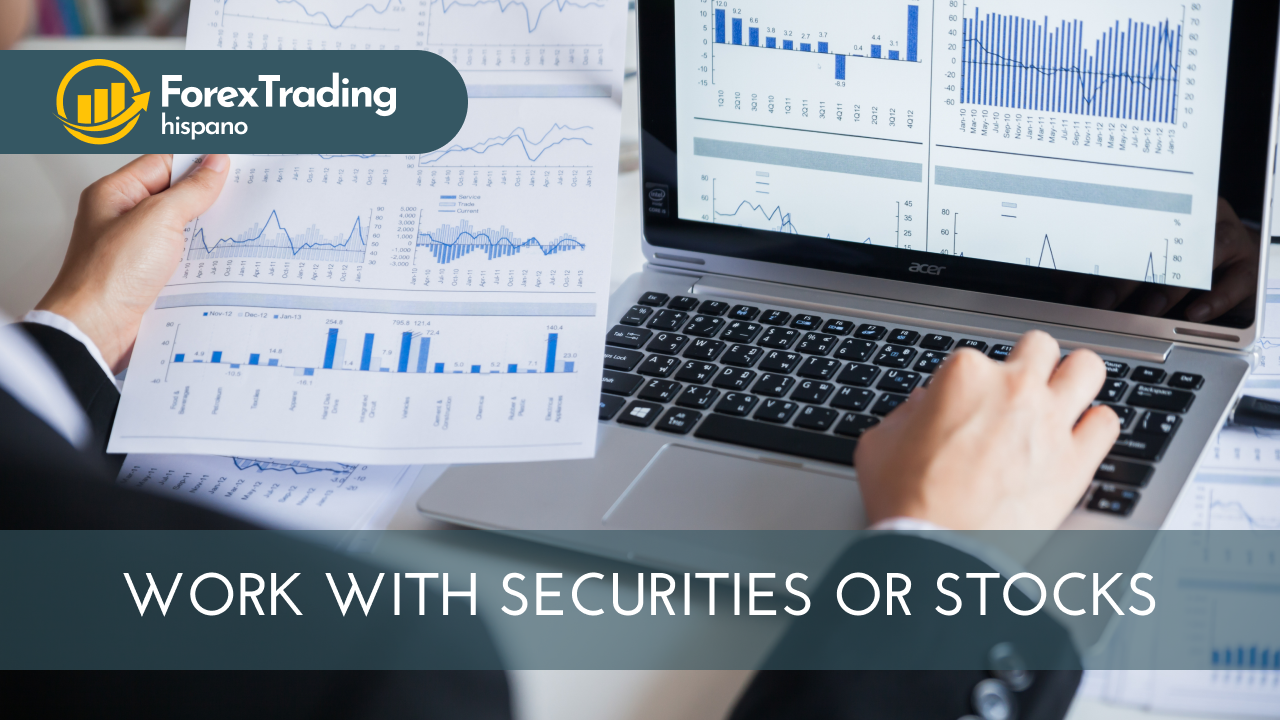
This is a type of trading on the stock exchange, where they work exclusively with securities or stocks. Since the price is regulated by demand, it is not difficult for a competent trader to determine what is best to buy or sell at the moment.
For example, if the demand for shares of one company is growing, it is clear that the price will rise soon, the main thing is to catch this connection. The trader takes everything into his own hands and buys as much as he can on credit at the current, not yet raised the price. And it turns out that net profit will fall into his hands – the difference between tomorrow’s and today’s prices. So, he sold the shares, in fact, not having them. He simply relied on his analysis. He could lose and stay in debt. This is financial trading. Many, probably, have repeatedly seen films in which the detractors of certain brokers or traders intentionally, at a loss, “break” the forecasts of such traders to leave them in debt. Sometimes it happens.
2. High-frequency (algorithmic) trading

This is trading carried out by computers that carry out millions of computational operations per second and, based on these operations, independently carry out all securities purchase and sale transactions. Analysts say that this type of trading stabilizes the use of markets and reduces the cost of goods turnover. But this method has many disadvantages. High-frequency trading is focused on short-term, even second-hand operations, which generate so little profit and work on small commodity circulation that this more than once led to a collapse of markets.
3. “Forex” trading or playing in the foreign exchange market

After America moved away from a stable change in the currency in price, it became possible to earn good money on it. Indeed, its cost can “float” in the range of four percent during the day. Then the world community under the general guise and created an international monetary system, with which it became possible to earn money on the money itself. Nothing complicated. You know that if you had a bunch of dollars a year ago, you would have surely sold them now when they cost twice as much. Traders also know this. Moreover, they can make money on it for several seconds by betting on a certain currency, based on their assumptions that the demand for this currency is about to rise, and it will rise in price, after which it can be sold profitably. Therefore, today Forex trading is a powerful system for earning many Internet users and people who trust them to manage their money to make a profit.
There are some nuances here. Firstly, Forex levels can float a couple of cents due to a large number of applications and different brokers. Therefore, Forex trading is more complicated than in the more relaxed Russian and European markets. Secondly, large movements in currency pairs occur less frequently than, for example, in US stocks. The third caveat – thanks to the developed system of leverage on Forex, you can come with a minimum deposit and trade, literally starting at $ 100.
Conclusion
Trading is trading on the exchange, to buy and sell profitably. You can trade a computer, a hired trader, or you personally. In any case, you need to understand the basics of the exchange and at least know the classic purchase and sale schemes – both to control your assets and to trade yourself.
